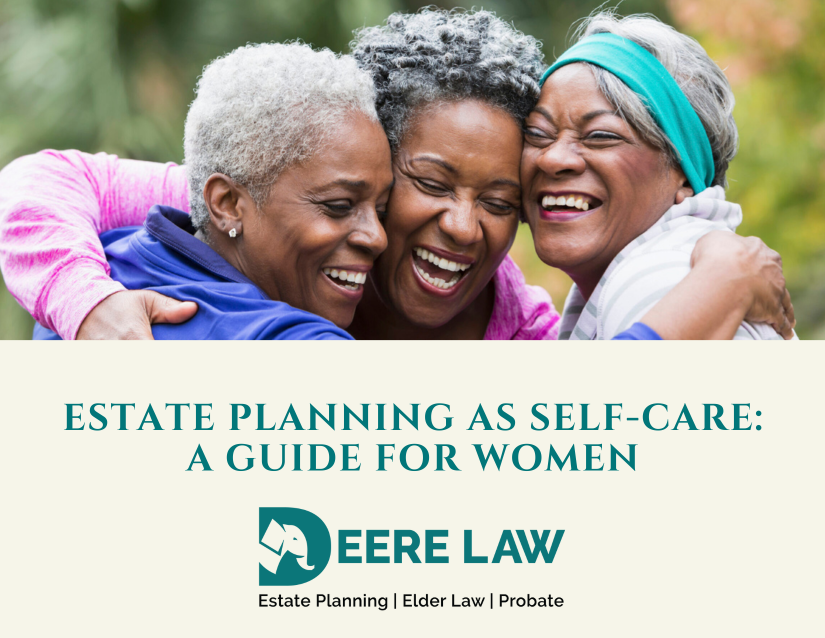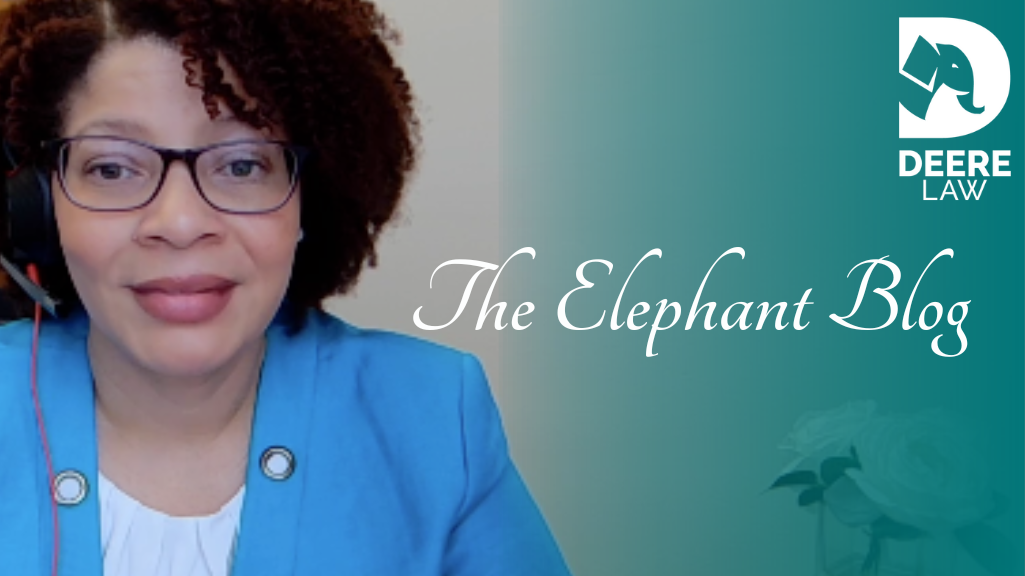Estate Planning for Women: Essential Steps to Protect Your Family, Your Legacy, and Yourself
Estate Planning as Self-Care: A Guide for Women
Estate planning isn’t just about finances—it’s a profound act of self-care. For women balancing various roles and responsibilities, creating an estate plan ensures that your family is protected, your legacy is honored, and your wishes are respected. This blog explores essential steps in estate planning, from choosing guardians for your children to setting up healthcare directives and planning for long-term care. Dive into how estate planning can bring peace of mind and security, allowing you to focus on the present, knowing the future is taken care of.
Estate Planning for Women: Essential Steps to Protect Your Family, Your Legacy, and Yourself
Estate planning is more than just preparing a will; it’s about ensuring your family’s future, protecting your assets, leaving a legacy that aligns with your values, and importantly, self-care. While we often think of self-care in terms of health, wellness, and mindfulness, creating a comprehensive estate plan can be one of the most empowering and protective acts you can take for yourself.
For women, estate planning takes on unique significance, as many women prioritize their family’s wellbeing and may live longer, which often makes long-term planning especially important. In order to protect your assets, there are some essential steps women can take to create a comprehensive estate plan that protects their family.
In today’s world, women play diverse roles—career builders, caregivers, mothers, and more. With this versatility, it’s important to have a plan that ensures women, and their loved ones, are provided for and protected. For women, estate planning offers a way to ease the mental load of worrying about what might happen in the event of an illness or unexpected life change, like losing your spouse unexpectedly. By establishing a clear plan, you help yourself (and your loved ones) by reducing potential stress and uncertainty. Statistics show that women often outlive men and are more likely to face financial responsibilities on their own as they age. Thoughtful estate planning can address these realities, ensuring not only asset preservation but also that your wishes are honored regarding health care, guardianship, and legacy.
Here are the key components of a comprehensive estate plan:
1. Create a Will or Living Trust
2. Designate Beneficiaries on Financial Accounts
3. Plan for Minor Children
4. Establish Powers of Attorney
5. Consider Long-Term Care Planning
6. Review and Update Your Plan Regularly
7. Explore Charitable Giving Options
If you’re just beginning the estate planning process, consider making a list of assets, define your goals, and meet with an experienced estate planning attorney. Consulting with an experienced estate planning attorney can provide you with personalized guidance. An attorney can help draft legally binding documents and offer advice on minimizing tax burdens and protecting assets.
Estate Planning as Self-Care for a Peaceful Future
Estate planning is one of the most powerful ways to care for yourself and your family. It provides financial security, aligns with your values, and ensures that your loved ones won’t have to make difficult decisions without your guidance. Taking these steps now can bring a profound sense of relief, allowing you to enjoy the present while knowing your future is secure.
Now is the time to start your estate planning or update your estate planning if you already have one. For women, this planning process is an opportunity to take care of yourself, safeguard your assets, provide for loved ones, and ensure your values carry forward. By taking these essential steps, you can build a future where your family is secure, and your wishes are respected.





QUICK LINKS
CONTACT INFORMATION
Phone: (561) 515-4376
Email: info@deere-law.com
Location: 1555 Palm Beach Lakes Blvd, Suite 404 West Palm Beach, FL 33401
Business Hours:
9 am to 6 pm - By Appointment Only






